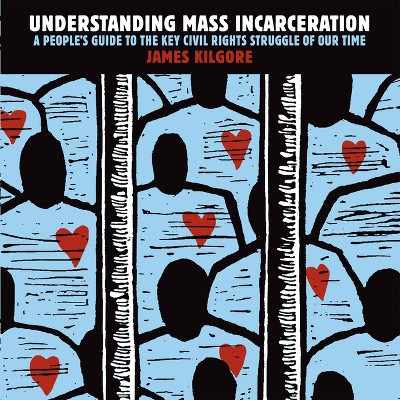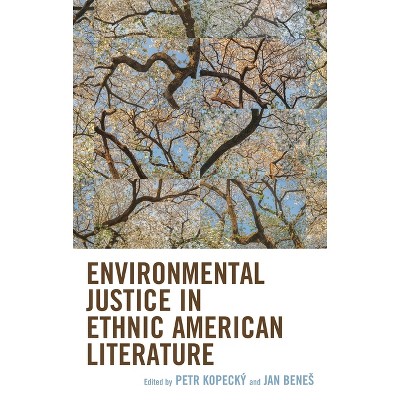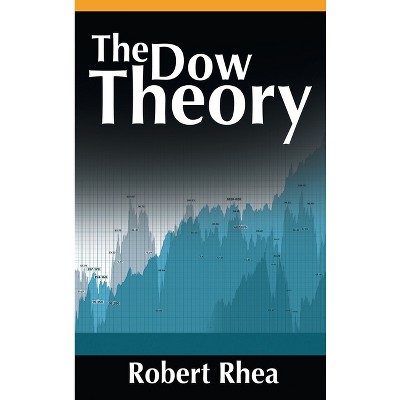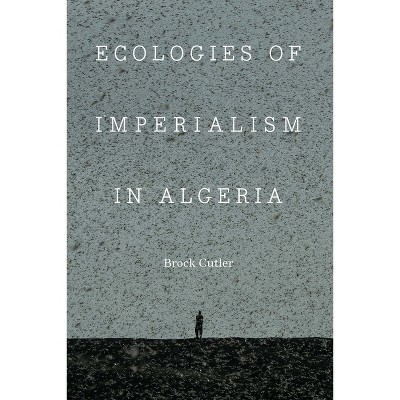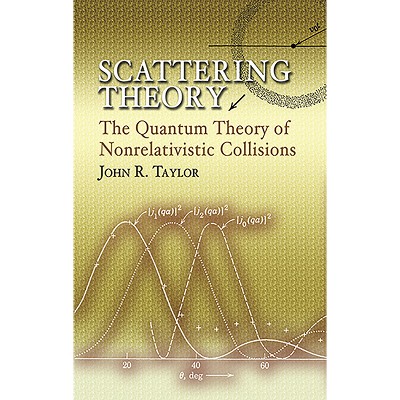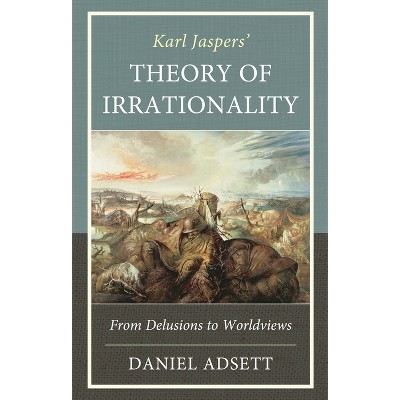Sponsored

Ecologies of Incarceration - (Ecocritical Theory and Practice) by Mauve Perle Tahat (Hardcover)
In Stock
Sponsored
About this item
Highlights
- This book offers an exploration of the intersections between carceral systems, environmental concerns, and political ideologies.
- About the Author: Mauve Perle Tahat is a scholar whose interdisciplinary work examines the intersections of carceral systems, environmental aesthetics, and political praxis.
- 276 Pages
- Literary Criticism, American
- Series Name: Ecocritical Theory and Practice
Description
About the Book
This book offers an exploration of the intersections between carceral systems, environmental concerns, and political ideologies. It examines how prison literature and narrative witness reveal the complexities of our contemporary world, shedding light on the systemic issues that link environmental degradation with carceral practices.Book Synopsis
This book offers an exploration of the intersections between carceral systems, environmental concerns, and political ideologies. It examines how prison literature and narrative witness reveal the complexities of our contemporary world, shedding light on the systemic issues that link environmental degradation with carceral practices.Review Quotes
"Mauve Perle Tahat has done that rare, but always welcomed, feat of writing a book that is brilliant in different keys. This is a book that students, scholars, and general readers can pick up and engage with on multiple levels. Her focus on carceral systems, environmental studies, and political power results in a winding, multi-disciplinary exploration of racial capitalism, the Anthropocene, and prison literature. As she states, "Every supremacy is a flawed supremacy." The only way we can achieve a more liberated future is by close examination of our built and shared environment along with a serious inventory of the cultural baggage we continue to reproduce in thought and action. "I've consistently asked, and maybe you have too: what has the human impact been [of the Anthropocene]? And this is where we can talk to ghosts." Tahat shows us that although much of society would have us disregard people, places, and objects as "waste" or "trash," it is in this dialogue with refuse where we will find our emancipation."
About the Author
Mauve Perle Tahat is a scholar whose interdisciplinary work examines the intersections of carceral systems, environmental aesthetics, and political praxis.